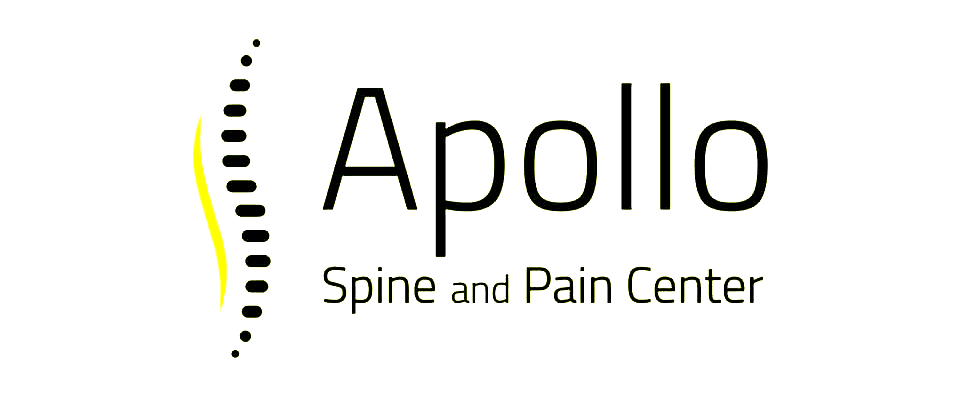Explore Best Practices for Treating Trigeminal Neuralgia
Trigeminal Neuralgia is a chronic pain condition that affects the trigeminal nerve, one of the most widespread nerves in the head. This nerve is responsible for transmitting sensations from your face to your brain. People with trigeminal neuralgia experience sudden, severe facial pain, often triggered by routine activities like eating or speaking.
This condition can disrupt daily life due to its intensity and unpredictability. It's crucial to identify the symptoms early, as timely diagnosis leads to more effective management of the pain. Common triggers include touch, wind, or even brushing teeth, highlighting the need for a tailored approach to minimize impact on one's lifestyle.
Understanding trigeminal neuralgia begins with recognizing its symptoms and causes. By combining expert medical treatments with lifestyle changes, individuals can better manage their condition. Reducing stress and making informed dietary choices can assist in lowering the frequency of painful episodes, providing a path to improved well-being.
Understanding Trigeminal Neuralgia
Trigeminal Neuralgia is a chronic pain condition affecting the trigeminal nerve, which carries sensation from your face to your brain. People with this condition experience intense facial pain that can feel like sudden electric shocks. These pain episodes may be brief but can be extremely debilitating, impacting daily activities and quality of life.
Identifying triggers can help manage the symptoms of Trigeminal Neuralgia. Common triggers include:
- Touch: Lightly touching the face can sometimes provoke pain.
- Eating or talking: Movements of the jaw during meals or conversation can trigger an attack.
- Exposure to wind: Cold air blowing on the face might initiate discomfort.
- Routine activities: Shaving, brushing teeth, or applying makeup can cause sudden pain.
Recognizing these triggers is crucial in avoiding them and reducing the frequency of painful episodes. The importance of early diagnosis cannot be overstated, as it enables more effective management of the condition. Early intervention helps in minimizing the impact on daily activities, allowing individuals to plan treatment and coping strategies that best fit their lifestyle.
Non-Medical Approaches to Pain Relief
Managing Trigeminal Neuralgia through non-medical approaches can provide significant relief and complement medical treatments. Lifestyle modifications are a first step and might involve adjusting daily routines to avoid triggers known to spark pain. For instance, using warm scarves to protect against cold wind can prevent discomfort.
Relaxation techniques and stress management strategies offer valuable support. Methods such as deep breathing exercises, yoga, or meditation can help reduce tension and lower the chances of a pain episode. Keeping stress at bay is vital, as it can exacerbate the condition.
Dietary changes might also be helpful in minimizing flare-ups. Some people find that spicy or caffeine-rich foods can intensify symptoms, so eliminating these from the diet may be beneficial. Keeping a food diary to track potential food triggers can provide insights into dietary adjustments that might alleviate symptoms.
These non-medical strategies can be an essential part of a comprehensive management plan for Trigeminal Neuralgia. By incorporating lifestyle changes, stress management, and dietary considerations, individuals can gain better control over their condition and improve their overall quality of life.
Medical and Pharmacological Treatments
Medical treatments offer effective ways to manage Trigeminal Neuralgia. Doctors often prescribe medications specifically for controlling the intense pain associated with this condition. The most common type of medication used is anticonvulsants. These drugs can help reduce or block nerve pain by stabilizing electrical activity in the nerves. One of the widely used anticonvulsants is carbamazepine, which has shown positive results in managing symptoms.
Muscle relaxants are another category of medications that can assist in easing pain for some patients. These drugs, such as baclofen, can help relieve muscle tension that might contribute to neuralgia pain. Combining muscle relaxants with anticonvulsants often provides relief to those who do not respond to a single treatment type.
While medications can be helpful, it's crucial to consider their potential side effects. Patients may experience dizziness, fatigue, or nausea. It's important to have a discussion with healthcare providers about the risks and benefits of these medications. Adjustments in dosage or trying different drugs might be necessary to find the most suitable option for individual cases. Working closely with medical professionals ensures the best approach to managing pain while minimizing side effects.
Interventional and Surgical Options
When medications do not provide adequate relief, interventional and surgical options can be considered. Minimally invasive procedures such as glycerol injections or radiofrequency rhizotomy may be recommended for patients who experience severe pain. These procedures aim to disrupt the nerve signals that cause pain without major surgery and can often provide significant relief.
Surgical options exist for more extreme cases. Microvascular decompression is one such procedure, where the surgeon relieves pressure on the trigeminal nerve, often providing long-term relief. Another option is stereotactic radiosurgery, a non-invasive procedure using focused radiation beams to damage the nerve and minimize pain signals. Understanding the outcomes of these surgeries is important, as they can greatly improve quality of life for those suffering from chronic pain.
Personalized treatment plans are crucial for achieving the best long-term results. Each patient's condition is unique, and treatment plans should reflect their specific needs and health status. By working closely with healthcare providers, patients can develop a targeted approach that effectively manages their symptoms and supports their lifestyle.
Conclusion
Managing Trigeminal Neuralgia requires a combination of personalized approaches tailored to individual needs. Understanding the potential triggers and symptoms is an important first step. Non-medical treatments, such as lifestyle changes and dietary adjustments, can complement medical treatments, providing a comprehensive strategy to manage the condition.
While medications and therapies offer significant relief, advanced treatment options like minimally invasive procedures and surgeries provide alternatives for those with severe symptoms. These interventions, combined with a well-planned treatment strategy, offer hope for better management of Trigeminal Neuralgia pain over the long term.
If you're dealing with the pain of Trigeminal Neuralgia, Apollo
Spine and Pain Center is ready to help you explore personalized treatment options. Our experienced team is dedicated to helping you find the right approach to manage your pain effectively and improve your quality of life. Reach out to Apollo Spine and Pain Center today to take the first step toward reclaiming a pain-free existence.












